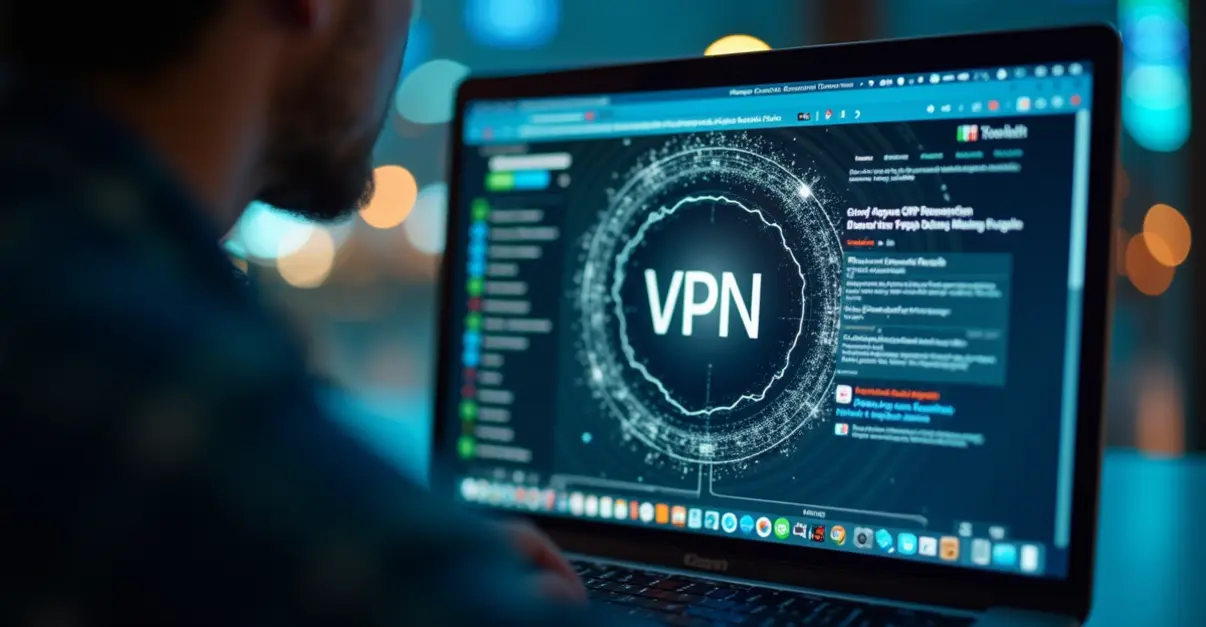VPNs leave detectable traces through IP blacklists, DNS leaks, WebRTC vulnerabilities, and distinctive protocol patterns that ISPs and websites use to identify encrypted connections despite privacy claims.

The VPN Detection Arms Race: How Your Privacy Tool Gets Spotted
Virtual Private Networks (VPNs) have evolved from corporate security tools to mainstream privacy solutions used by millions worldwide. While VPNs encrypt your internet traffic and mask your IP address, they leave behind digital footprints that sophisticated detection systems can identify through multiple methods.
IP Address Blacklisting and Geolocation Analysis
Services maintain extensive databases of IP addresses associated with VPN providers and data centers. When you connect through a VPN, your traffic originates from these known IP ranges, triggering immediate red flags. Streaming platforms like Netflix and financial institutions actively block traffic from these IP addresses to enforce regional restrictions and prevent fraud.
DNS Leak Detection and WebRTC Vulnerabilities
Even with a VPN active, configuration errors can reveal your true location. DNS requests that bypass the VPN tunnel or WebRTC connections that expose your actual IP address provide clear evidence of VPN usage. Websites can detect these inconsistencies by analyzing the origin of DNS resolutions and comparing multiple IP addresses associated with your session.
Deep Packet Inspection and Protocol Fingerprinting
Internet Service Providers and government agencies employ Deep Packet Inspection (DPI) to analyze network traffic patterns. VPN protocols like OpenVPN, WireGuard, and IPsec have distinctive handshake sequences and packet structures that DPI systems can recognize. Countries with strict internet censorship use this technology to identify and block VPN connections at the network level.
The Ongoing Cat-and-Mouse Game
VPN providers continuously develop new obfuscation techniques, such as stealth protocols and residential IP addresses, while detection systems refine their algorithms. This technological arms race means that while VPNs remain effective for privacy protection, complete anonymity is increasingly difficult to achieve against determined adversaries.

 Nederlands
Nederlands English
English Français
Français Deutsch
Deutsch Español
Español Português
Português


